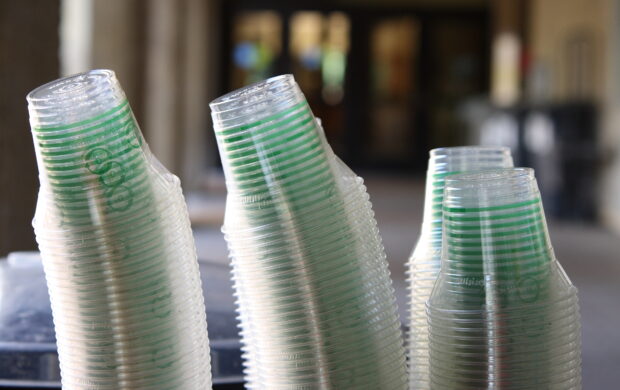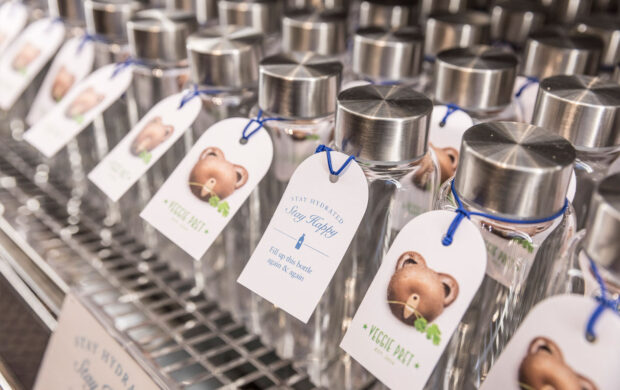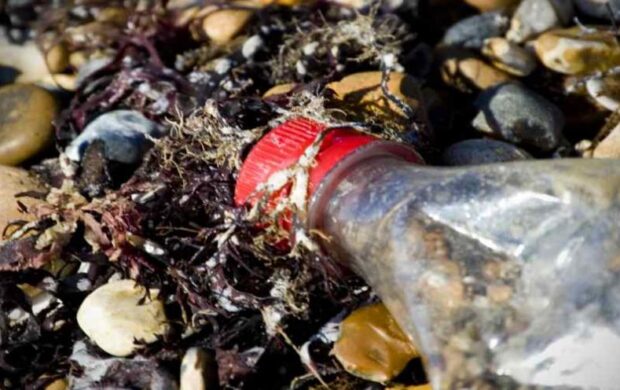Research by the Plymouth University into the residues left by degrading bioplastic revealed traces were still present 27 months after dumping in soil.
Bioplastic is a plastic-like material made from plants or other biological material and is mostly used as an alternative to conventional (single-use) plastic, such as grocery bags in supermarkets. Scientists of the Plymouth University tested how long the most commonly used types of bioplastic take to completely disappear after they have been thrown away. The research revealed that the compostable plastic observed reacted completely different depending on the environment they had been left in. While the plastic disappeared within 3 months in the sea, traces of it could still be found 27 months later in soil.
It took an even longer time period for the biodegradable plastic bags that were analysed in the research. After more than 3 years in sea and soil, the biodegradable plastic bags were still intact and able to carry products.





